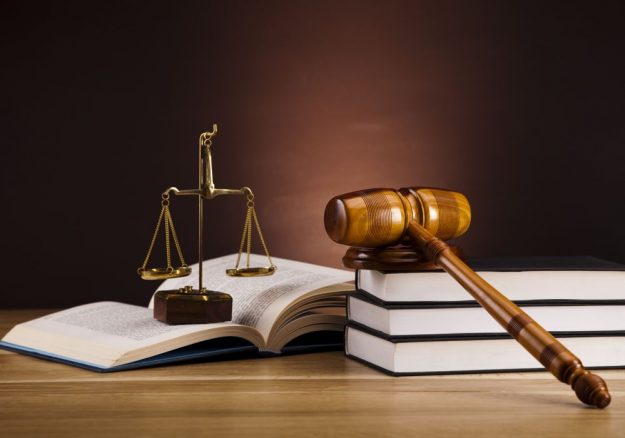Unompelling – Inquiries and Examinations of possibly criminal conduct
Australia still maintains a privilege against self-incrimination in criminal matters. Although this privilege can be abrogated in certain circumstances[1], the law holds this privilege as a paramount right of defendants. As professional criminal lawyers will tell you, It specifically includes the right to not make a statement and/or to not give evidence on your own behalf.
That works fine for the defendant who has been arrested and charged on the complaint of someone else, but what about where the defendant has previously been investigated by a professional body or commission of inquiry and was compelled by law to disclose documents, answer questions; and is now arrested and charged for the same conduct that was the subject of the inquiry?
The defendant has effectively lost their right to silence and more particularly was not cautioned about the effective waiver of their rights at the time of the inquiry or investigation.
Where criminal proceedings are pending or threatened and the intended defendant is called to give evidence at an inquiry, the pertinent issue is their ability to be compelled to answer questions about the subject matter of the likely criminal proceedings and thereby telling the incriminate truth about themselves or giving false information, which is a criminal offence in its own right.
The High Court has equivocated over this issue in several cases and they seem to be decided on principles of statutory construction as it pertains to the legislation that gives rise to the commission or inquiry that is being challenged.

